Don’t bet the rent on Payman’s staying power
The Labor defector seems to channel Kamala Harris in her inability to answer quite simple questions about what she stands for and what she will do in a position of political authority.

These days there is much focus, especially from academic commentators, on the decline of the two-party system in Australia. Certainly the primary vote of both the Liberal Party and the Labor Party has been going down.
But the Liberals (in coalition with what is now termed the Nationals) or Labor has held office for eight decades, under the leadership of prime ministers from Menzies to Anthony Albanese. It would be foolish to predict the outcome of the next election. However, it is almost certain the prime minister after the election will be Albanese or Peter Dutton. And so the two-party political system will prevail, primarily due to Australia’s system of preferential voting.
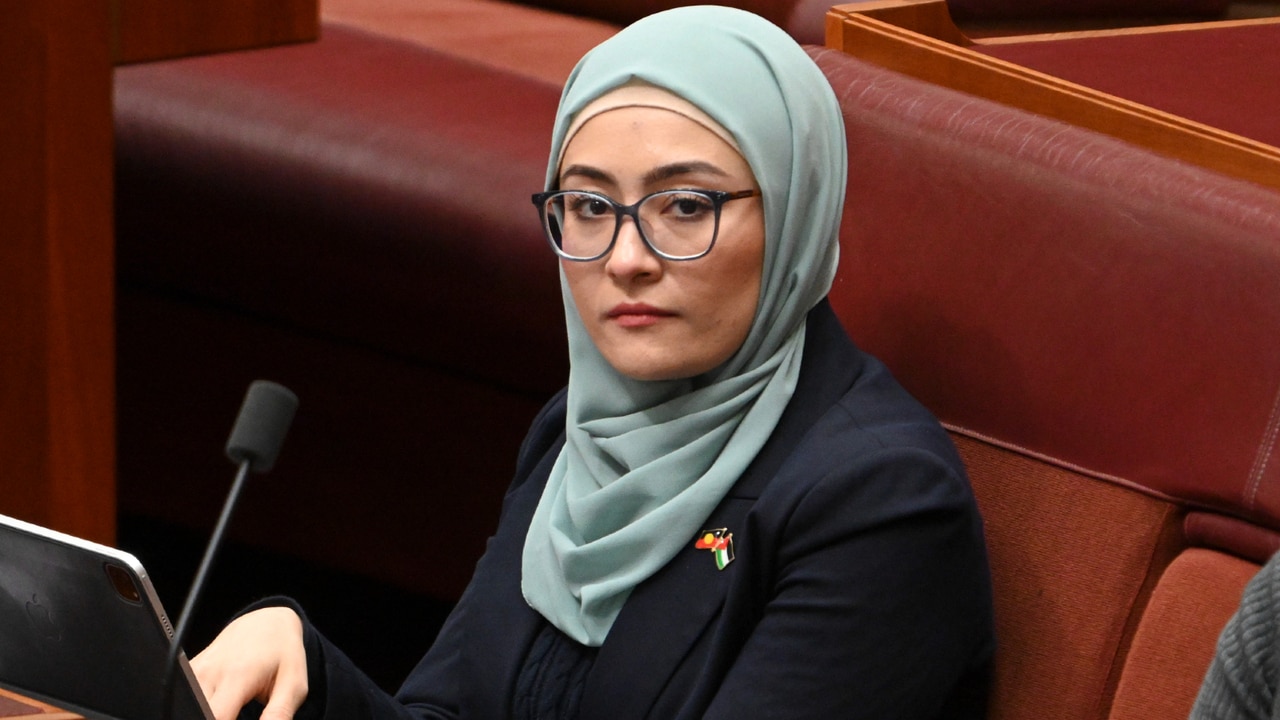
In recent days much media attention has focused on the decision of West Australian senator Fatima Payman to establish an Australia’s Voice political party. Payman was elected to the Senate in May 2022 when she was placed third on Labor’s Senate ticket. She was not expected to win a seat but the collapse of the Liberal Party vote in WA made this possible.
Payman quit the Labor Party in July, maintaining the Albanese government was not sufficiently supportive of what she regarded as the Palestinian cause. A comment that no doubt surprised supporters of Israel’s right to defend itself from attack by Iran surrogates such as the terrorist groups Hamas in Gaza and Hezbollah in southern Lebanon. Payman did a media conference at Parliament House on Wednesday followed by appearances on ABC TV’s Afternoon Briefing and 7.30. The senator seemed to be channelling US Vice-President Kamala Harris with her inability to answer quite simple questions about what she stood for and what she would do in a position of political authority.
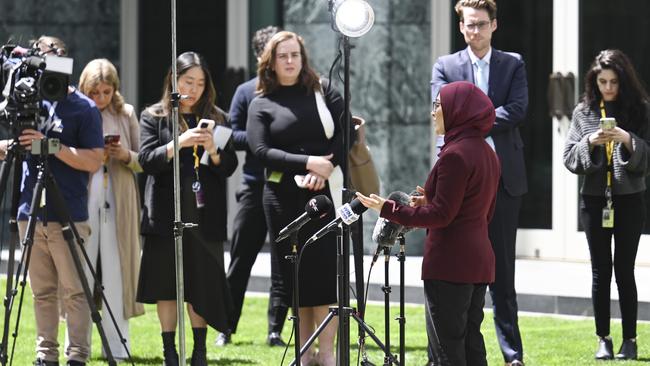
To set up a political party in contemporary Australia requires evidence of at least 1500 identifiable members. Except for sitting parliamentarians, such as Payman, who can establish a party on their own. That’s the easy part. In recent years quite a few politicians have entered parliament on a party ticket, then junked the party that put them there and attempted to go their own way. Few have succeeded. Recent failures include Cory Bernardi, who dumped the Liberals and founded the Australian Conservatives. It had a short life. Now there is Payman on the left.
In the modern era, only three minor parties have made an impact on Australian national politics; namely the Democratic Labor Party (formed following the Labor Split of the mid-1950s), the Democrats (formed by Don Chipp, who left the Liberal Party in the late ’70s) and the Greens political party.
All had an ideological base. The same is true of Pauline Hanson’s One Nation party, but it is strong only in Queensland. It is extremely difficult to form and maintain a new party in a nation that has a preferential voting system. Their main impact comes through preferences and votes in the Senate.
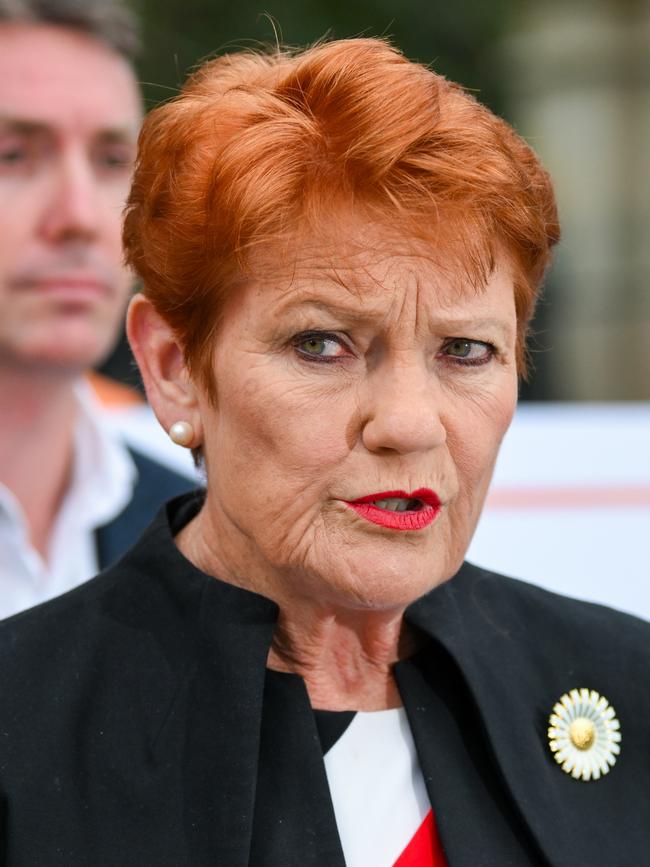
For some two decades, DLP preferences went to the Coalition, keeping Labor out of office. In recent years, the preferences of the Greens have benefited the governments led by Labor’s Julia Gillard and Albanese.
The increasing radicalisation of the Greens, which is now a Marxist-socialist party with an anti-Semitic tinge, poses difficulties for the Albanese government. Labor needs Greens’ preferences to hold some seats.
The Opposition Leader has said the Liberals will put Labor ahead of the Greens on its how-to-vote tickets. But the Prime Minister has refused to return the compliment by committing Labor to put the Coalition ahead of the Greens on its how-to-vote tickets. This makes it possible for Dutton to say a vote for Labor is a vote for the Greens.
Those who prophesise the end of the two-party system overlook the fact virtually no one is predicting its demise after the next election because of preferential voting.
At the recent British general election, for example, Labour won 411 seats with 34 per cent of the vote. But the non-Labour side of politics was divided. The Conservatives won 121 seats with 24 per cent of the vote while Nigel Farage’s Reform UK won five seats with 14 per cent of the vote.
Quite a few academics and journalists have written that the Liberal Party has lost its blue-ribbon heartland seats in Sydney, Melbourne and Perth. This analysis overlooks two facts. All of the teals were elected on Labor or Greens preferences and most have narrow margins.
According to ABC electoral analyst Antony Green, in Sydney Allegra Spender in Wentworth and Sophie Scamps in Mackellar are on margins of 6.8 and 3.3 per cent respectively while Kylea Tink’s seat of North Sydney has been abolished. In Melbourne, Monique Ryan (Kooyong) and Zoe Daniel (Goldstein) have margins of 2.2 per cent and 3.3 per cent respectively. Meanwhile in Perth’s seat of Curtin, Kate Chaney’s margin is 1.3 per cent.
Apart from Wentworth, these margins are small. Despite all the political hype, it appears that, eight decades after the Liberal Party was born, a Liberal will be prime minister or opposition leader after the next election. And there is a real chance of Menzies’ (political) child winning back some of its heartland. Moreover, don’t put any money on Payman’s Australia’s Voice.
Gerard Henderson is executive director of The Sydney Institute.




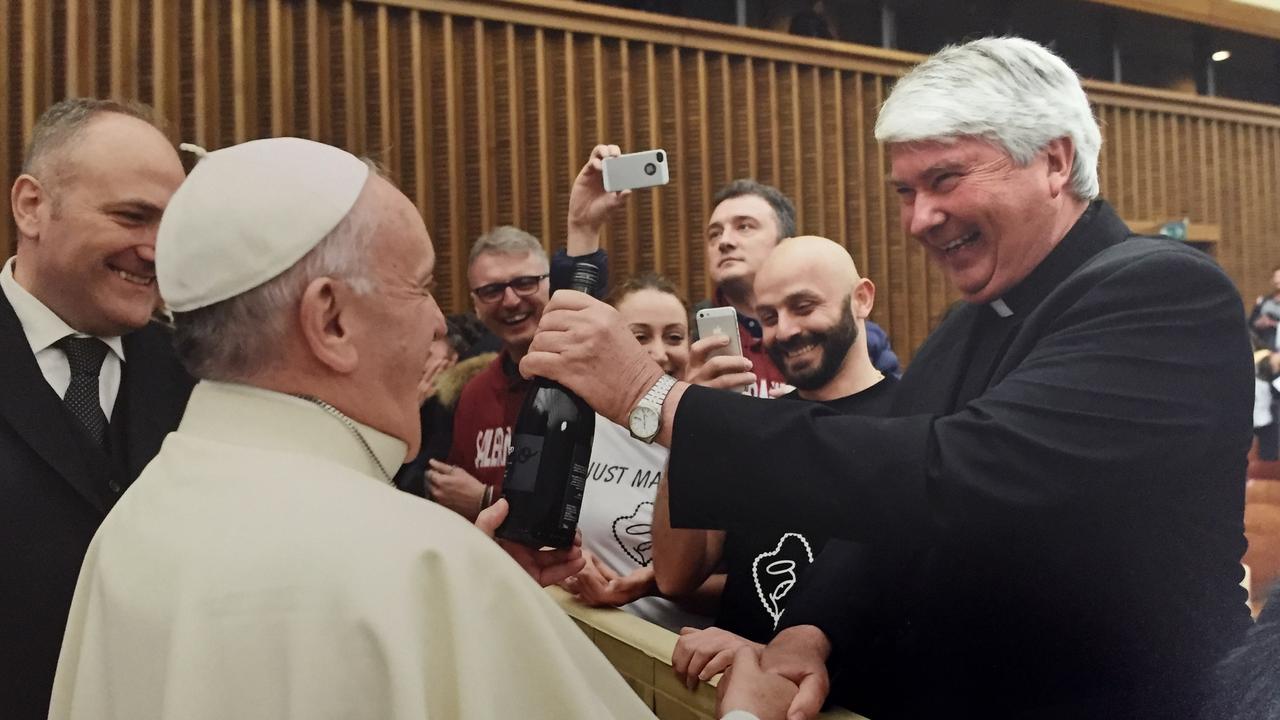
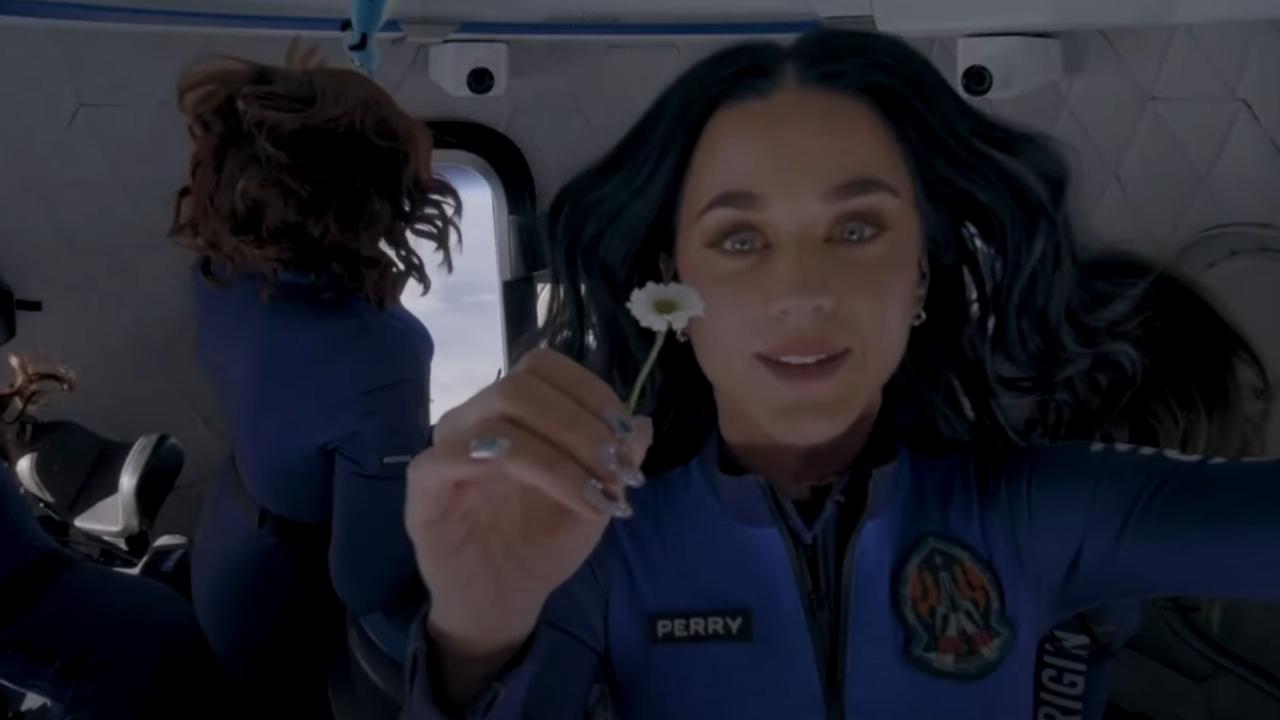
Monday, October 14, marks the 80th anniversary of the formation of the Liberal Party under the leadership of Robert Menzies. That was the date, a Saturday, meeting in Canberra’s Masonic Hall, delegates from various non-Labor parties passed a motion approving the “principle of policy and unity” for the organisations. The delegates had the Sunday off. Then on Monday, October 16, the name Liberal Party of Australia was adopted.